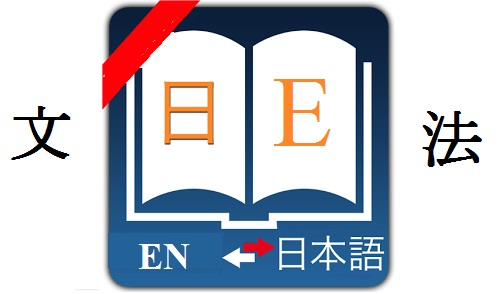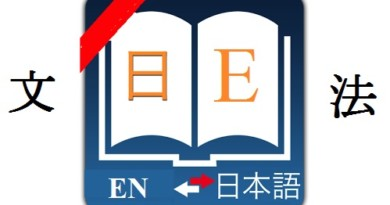Japanese ついには grammar tsuiniha
Let’s learn Japanese ついには grammar tsuiniha :
Formation :
Meaning and how to use :
Describe the meaning “an event that took place and there were many things that happened in this event and it finally reached a certain outcome (both good and bad)”.
Example:
毎日練習してがんばって、ついには試験に合格しました。
Mainichi renshuu shite ganbatte, tsuiniha shiken ni goukaku shimashita.
I practiced and worked hard every day and finally passed the exam.
あの人はいつも残業して勤勉に働いてついには衰弱して死んだ。
Anohito ha itsumo zangyoushite kiben ki hataraite tsuiniha suiryokushite shinda.
He always worked overtime, worked hard and he is finally weakened and died.
毎日日本語を勉強して、ついには日本人のように会話が出来ました。
Mainichi nihongo wo benkyoushite, tsuiniha nihonjin no youni kaiwa ga dekimashita.
I studied Japanese every day and I finally could talk like Japanese people.
必死に働いて、ついには自ら家を買えました。
Hisshi ni hataraite, tsuiniha mizukara ie wo kaemashita.
I worked desperately and I finally could buy my own house.
ゲームに夢中して、ついには成績が悪くなった。
Ge-mu ni muchuushite, tsuiniha seiseki ga warukunatta.
I was so obsessed with the game that finally, my grades got worse.
Note: This is often used in writing.
Above is Japanese ついには grammar tsuiniha. If you don’t understand the signs we used in formation, you can find their meaning here : signs used in Japanese grammar structures.
You can search the structure you want by using the search tool on our website (using key : grammar + ‘structure name’ or you can find more Japanese grammar structures in the following category : Japanese grammar dictionary
